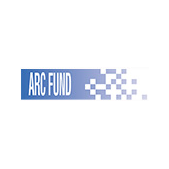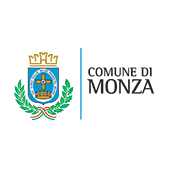The CASI consortium will shortly publish country policy briefs on Europe2020 strategies. The briefs focus on one of the Flagship initiatives within the European Union’s ten-year growth strategy, namely Resource-Efficient Europe. The country policy briefs discuss three thematic areas where relevant policies and initiatives are formulated and taking place at country level: CO2 emissions, resource efficiency and energy security.
A closer analysis of the country policy briefs reveals a number of significant relations between indicators and noteworthy differences between EU member states.
First, we discovered a relation between the level of importance attached to sustainability and environmental issues and the level of economic growth. The countries that are below the EU average in terms of GDP and innovation performance attach greater importance to development issues than to its possible green or social effects.
Second, there is a noteworthy relation between the level of economic growth and the type of policies discussed in the policy briefs (strategies, programmes and operations). In EU Member States that score relatively lower in terms of economic growth and innovation performance it is difficult to find information on specific implemented policies or initiatives and if there is a thematic strategy in place there is little content to present about the implementation phase - only the list of strategic priorities. For the countries where sustainability issues are put on the political agenda and where civil society is aware of sustainability issues, the policy briefs focus more on concrete initiatives oriented on energy efficiency, reduction of CO2 emissions etc. rather than on policies/strategies.
Third, the policy briefs reveal that there is a very different understanding of energy security among EU Member States. For the “old” member states, energy security tends to relate to diversifying the energy mix by for example increasing the share of renewable energies and decreasing non-renewables’ share. For the relatively “new” member states, energy security policies are more about the desirable independence of energy supplies from one country, namely Russia.
It seems relevant to take into consideration specific features differentiating the member states when formulating policy recommendations and proposing ways to reach priority targets on EU level. Probably the character, design and implementation of sustainable innovation as well as public participation will vary across Europe and can be expected to trigger different dynamics during the next decade foreseen by Europe 2020 to reach smart, sustainable and inclusive growth.
Relevant themes:
Resource efficiency
Relevant tags: Sustainability, energy policy























